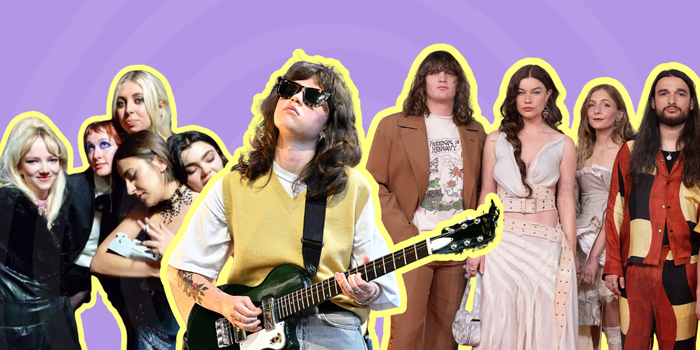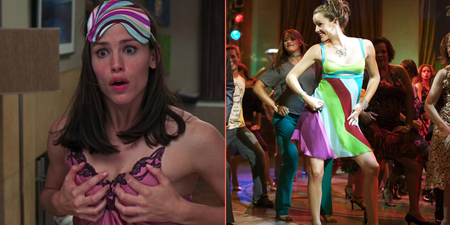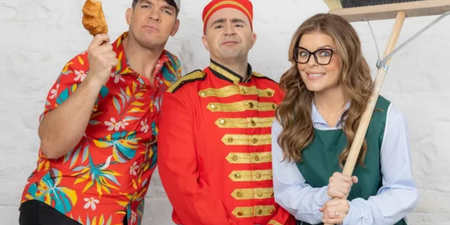At this point, we’ve all heard the phrase industry plant being thrown around
Take the indie band making a splash on the scene right now, The Last Dinner Party, search their name on TikTok right now and you’ll find a video with someone calling them those two words.
You’d swear it was going out of style the way the people like to dish it on to any up-and-coming artist in the music scene.
When it comes to The Last Dinner Party, the rock group has come to our attention seemingly out of nowhere which means they must be industry plants right?
While it can be all fun and games when you’re making jokes with your friends, when things get taken online it can have a knock-on effect.
Firstly, there’s no consensus at all on what an “industry plant” actually is.
Some people believe it to be the successor to the phrase “selling out,” a charge dating back to the 1950s lobbed at artists who allegedly sacrificed artistic integrity for a paycheck.
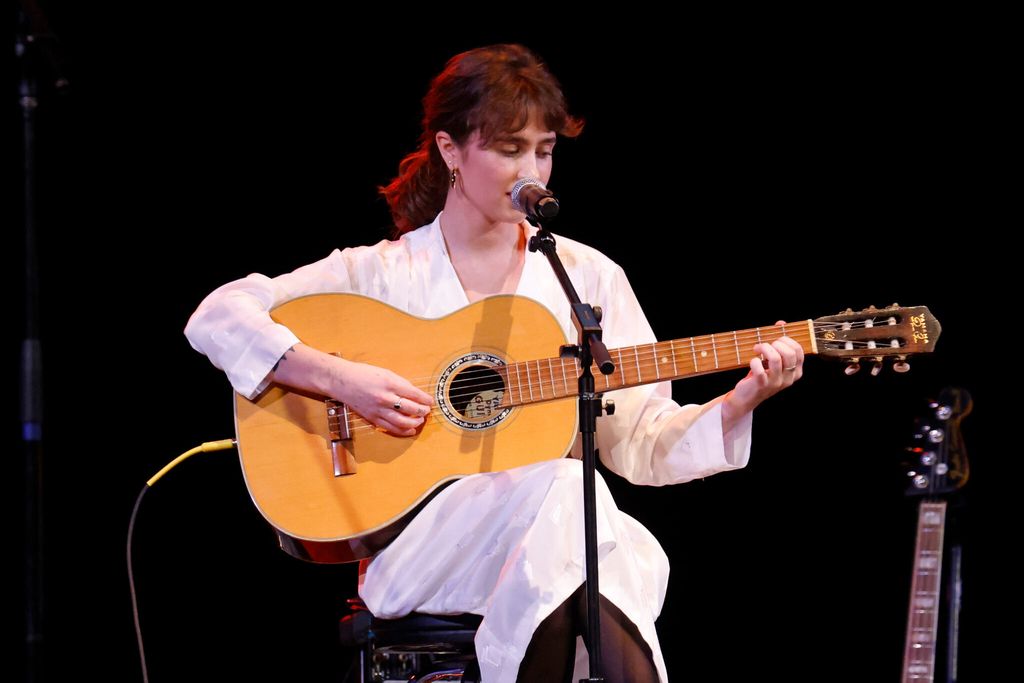
Rolling Stone recently described it as “an artist who has label backing but presents themself as self-made,” while in 2018, The New York Times called it “the catchall slur among music fans for someone undeserving of their buzz and opportunities.”
So do we actually even know what we’re calling people when we use those two words? I would argue no.
On top of this, it seems that the words industry plant have become a weaponised phrase used against women trying to make it in the world of music.
One example of this comes from the treatment of bedroom-pop indie dreamgirl Clairo, who started posting Soundcloud covers in 2013.
She only gained an audience four years later when the internet discovered Pretty Girl and propelled her into the spotlight thanks to the power of TikTok.
The influence of social media on the success and streams of upcoming artists was unexplored. So, too, was the phrase industry plant.
Yet the term seemed to cause Clairo, heartache when people found out her father had industry connections, and Redditors jumped online to dispute her success.
But Clairo was 18 and a product of the internet generation. Though his connections may have helped her gain support within the industry, it was her who grew her fanbase through writing and posting videos.
Clairo also responded to the criticism during an interview with Rolling Stone, stating: “I am definitely not blind to the fact that things have been easier for me than other people’s experiences.
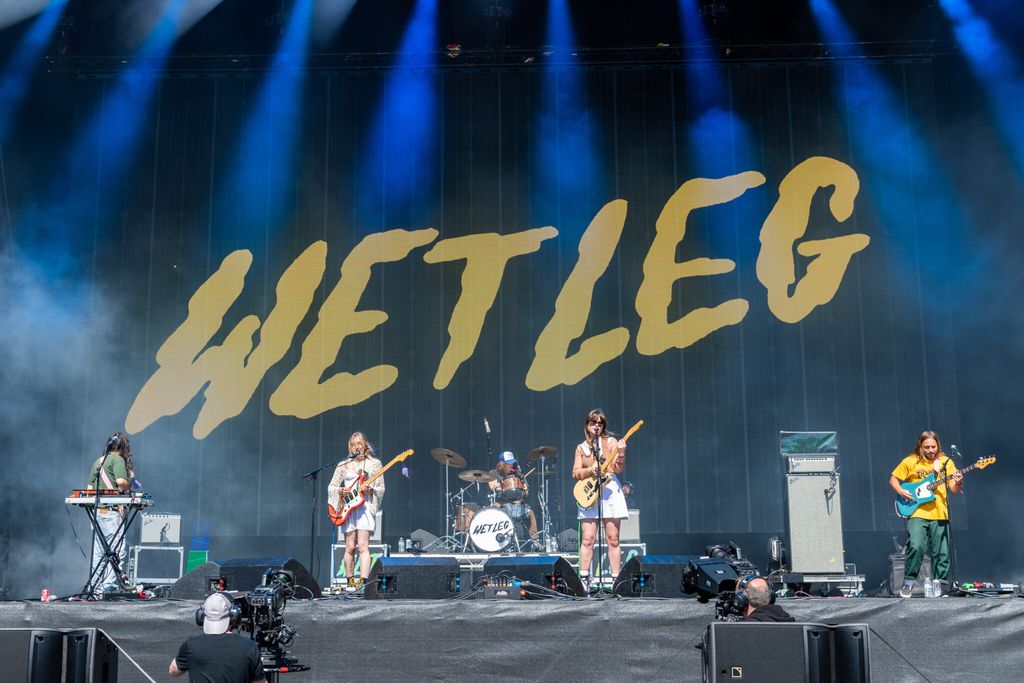
“It would be stupid of me not to acknowledge the privilege I had from the start to be able to sign somewhere where there’s trust, to be able to sign a record deal that doesn’t revolve around keeping myself afloat financially.”
The same thing then happened in 2021 when the band Wet Leg again seemed to come out of nowhere and ended up supporting Harrty Styles for a number of his Love On Tour Shows.
The most recent victim of the accusations is The Last Dinner Party. The arty five-piece met at university and landed a slot opening for The Rolling Stones at BST Hyde Park last year.
Before their first album Prelude to Ecstacy they had wracked up millions of streams and even performed on the Graham Norton Show and so came the industry plant accusations.
So why are people being told they didn’t earn their success left, right and centre? Well, there’s this idea that to become a big artist you have to have struggled.
This idea is very apparent in the alternative music scene where nepotistic contacts and wealth still provide some with an easy route into the music industry.

This scene which had its start with working-class artists, is being filled by the middle classes, there’s a vital conversation to be had around class background and access.
Yet to just look at any female artist who is selling out shows and gaining millions of streams and just label them an industry plant has become a way to dismiss their talent.
We have stopped highlighting how difficult it is to break into the scene and instead have switched to attacking artists seeing success.
We need to go back to tackling disparities in the music industry while not going after musicians we didn’t see struggle on their journey to the top.
READ MORE:
- Alec Baldwin pleads not guilty to involuntary manslaughter charge after ‘Rust’ shooting tragedy
- Demi Moore shares touching message for families of dementia sufferers following Bruce Willis’ diagnosis
- Cosmetic catfishing: Warning to Irish public after a rise in fake hospitals in Turkey
